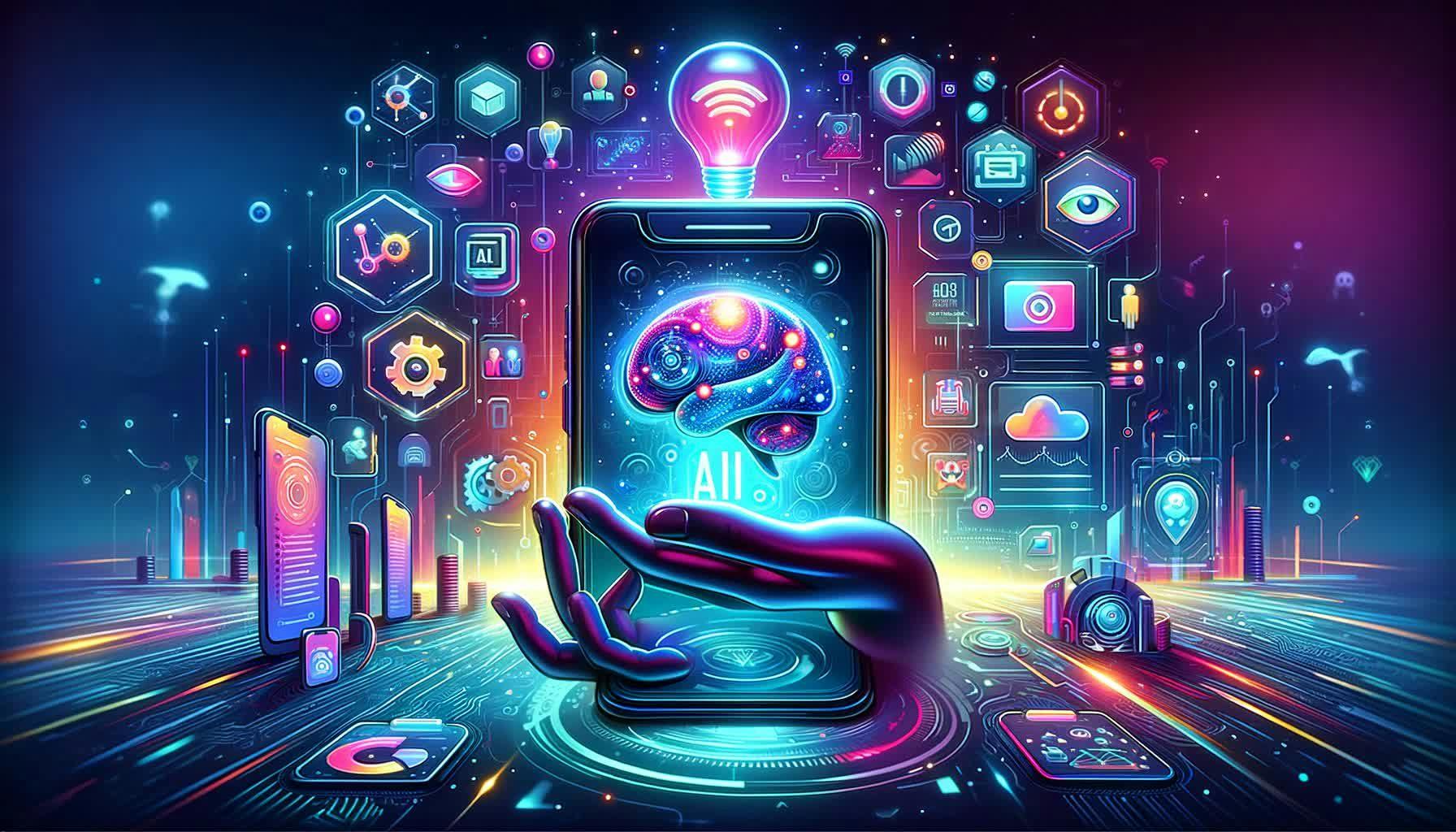Related articles
React Native vs Flutter: A comprehensive guide on mobile app development technologies
9 Jul 2024
In the era of mobile app development, choosing the right tech stack becomes crucial. React Native and Flutter, raise as frontrunners with their unique offerings. This article offers an in-depth comparison between the two, aiding you in making informed development decisions.

How to build a mobile app with Flutter
14 Jun 2024
Embarking on mobile application development can be challenging yet rewarding. But with Flutter, a unified framework by Google, the process becomes a breeze. This comprehensive guide offers a journey into the nuances of Flutter, showcasing its remarkable efficiency in crafting high-performance mobile applications. Starting from scratch, it elucidates Flutter's underlying concepts, navigates through its intricate development process, culminating to an exceptional mobile app!
Native vs. Hybrid Mobile App Development
21 May 2024
When embarking on mobile app development, one of the crucial decisions businesses face is choosing between native and hybrid app development approaches. Each option offers distinct advantages and challenges that can significantly impact the app’s performance, user experience, and development cost.
How to create user-friendly mobile interfaces
20 May 2024
In the digital era, a mobile application can make or break a business. Crafting user-friendly mobile interfaces is more than just a skill, it's an art. This article delves into how developers can master the creative, yet logical, path towards designing intuitive and engaging mobile user interfaces that captivate users and elevate the user experience.
Native vs. Cross-Platform Development: Which Approach is the Best?
8 Apr 2024
In the ever-evolving realm of application development, coming up with the consummate approach is quite ascendant. Developers face several dilemmas, one of them being whether to opt for Native or Cross-Platform Development. This article will conduct a comparative analysis, exploring the pros and cons, to compute the optimal approach.
Key elements of a successful mobile app: What is it that keeps users coming back?
18 Mar 2024
In the fast-paced digital age, user engagement proves paramount for app sustainability. This piece delves into the crucial elements of crafting engaging mobile applications, unveiling the secrets behind enduring success in this highly competitive sphere. We explore interface design, user experience, performance optimization and more.
PWA vs Native Apps: What's the Difference?
10 May 2023
Comparing the differences between PWA and native apps is essential for any organization that is considering building a mobile solution. While both options have advantages and disadvantages, understanding the nuances of each can help you make an informed decision about the best approach for your business.
Show all articles related with #Mobile

